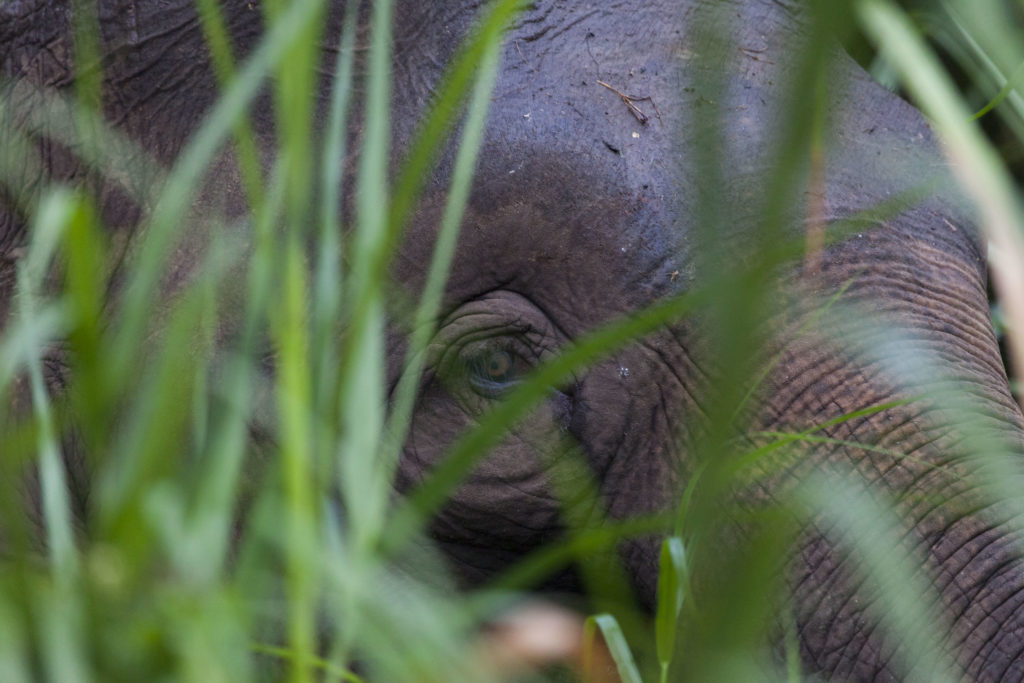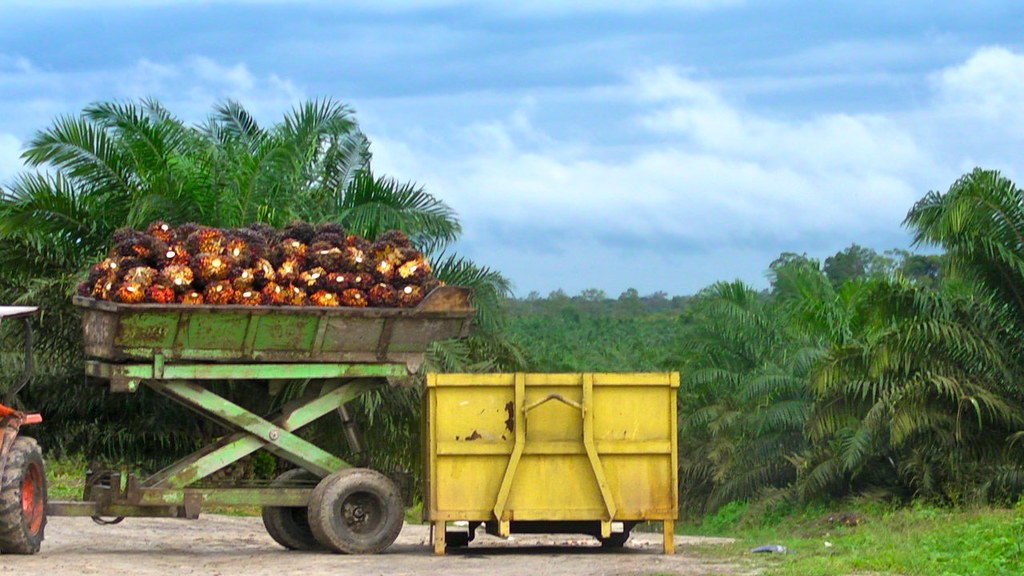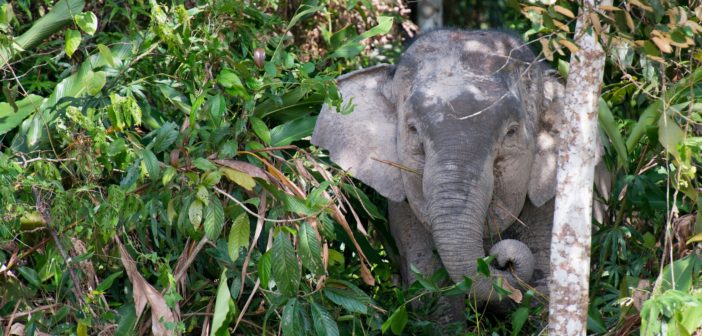The Malaysian state of Sabah has made headlines again with more deaths of pygmy elephants. What was most shocking about the most recent case was the manner in which the poor elephant was brutally gunned down. Not only was he shot at several times, his tusks were also hacked off.
The continuous killing of elephants is reflective of poor regulation and enforcement. That it happens this often can only mean that those entrusted with elephant protection, namely the Wildlife Department, are not doing enough.
However, with the public outcry and the latest police-aided probe into the incident, which led to the arrests of the six suspects, there may be light at the end of the tunnel for the remaining elephant population. Credit must be given to the informer too, who made possible the quick arrests of the suspects.

Firm action must be taken against the culprits so that this serves as a precedent. We also demand that action be taken against the plantation company for allowing their workers to commit such brutality. The company should know that any wildlife encounter or problem should be referred to the Wildlife Department, instead of violently taking the matter into their own hands.
Considered pests or threats to agricultural crops, elephants are frequently subjected to retribution by plantation owners. Every year, elephants are found either shot or poisoned across Sabah’s elephant home ranges, though the public often hears nothing about it. There has been a string of these elephant killings in Sabah as far back as 2013, with many cases still unsolved today.
In the name of economic and agricultural activities, thousands of hectares of wildlife habitats have been cleared. There is a great need to put a stop to the deforestation, which has become business as usual, and instead better manage Sabah’s landscape before the decimation of more endangered species.

The conversion of forests into plantations has created fragmented patches of habitat, which are not enough to contain large elephant herds. This forces them out of their habitats, which often means they venture to plantations or even villages. It is thus essential to create forest corridors at plantations and villages to allow elephant movement from one habitat to another.
Threatened from all fronts by widespread logging of their natural habitats for agriculture and plantation development, inaccessible migratory routes, poisoning, poaching, and human-elephant conflict, the future of these animals can seem doomed.
It is about time the Sabah state government and the Sabah Wildlife Department come up with effective and concrete conservation action plans to prevent more unnecessary deaths of Sabah’s precious elephants.
Featured image: a pygmy elephant in Sabah, Malaysia. Image credit Brad, CC BY-SA 2.0.





